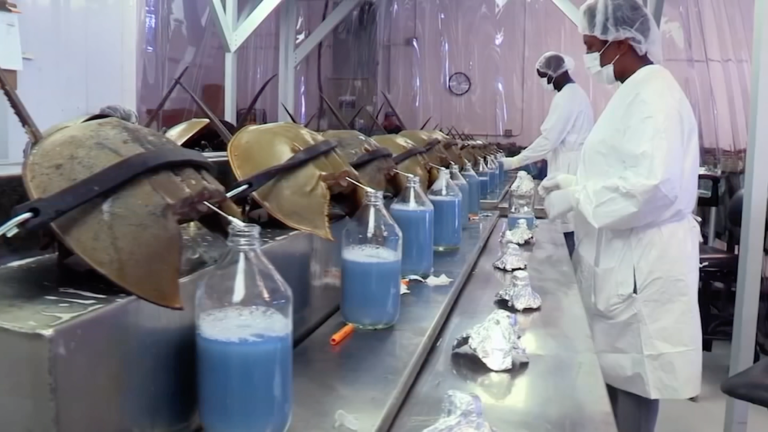Back to Show
SciTech Now
More efficient models for environmental sustainability
According to the World Health Organization, the percentage of the world's population living in urban areas will continue to grow in the upcoming decades. Kartik Chandran from Columbia University in New York City joins Hari Sreenivasan to discuss ways to help us leave a friendlier chemical footprint on this earth by changing the way we deal with food waste, sewage, and even human remains.
Support Provided By

26:46
Sailing into space on sunlight; combating cross-border water pollution.

26:46
The 5G future; sustainable tree harvesting; tackling the high skilled technical jobs

26:46
Diversity in STEM education; waste sustainability; raising horseshoe crabs.

26:46
The periodic table, next generation sustainability, surf forecasting; and fusion energy.

26:46
In this episode, Saturn's largest moon mission, delivering drinking water, & octopus minds

26:46
The female dean of NYU Engineering; the search for extraterrestrial life; lemurs sleeping

26:46
The periodic table; the seeds of ghost forest; transitioning to a blue economy.

26:46
A revolutionary moon mission; clean water; and tackling mental health through tech.

26:46
Invasive Zebra mussel; fighting Detroit pollution; the cybersecurity job market.

26:46
Graduating Tesla engineers; a way to never forget your keys; how to power innovation.

26:46
Air transportation work force; making prosthetics; using robots to create new drugs.

26:46
The next generation of science; data for poetry; the world's largest flu vaccine factory.











